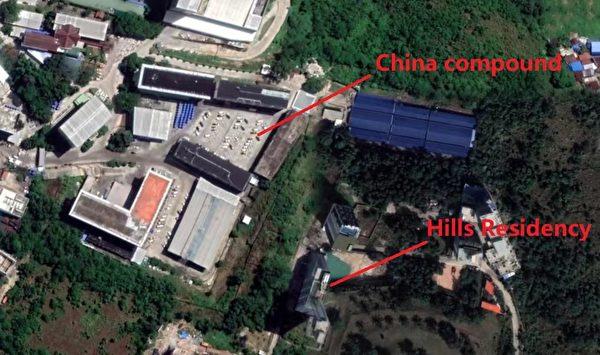Twenty-four Malaysians—victims of human trafficking—were rescued from Cambodia and brought back to their homes on Friday, but authorities say many are still missing, having fallen for scam networks often run by transnational organized crime groups.
According to Malaysia’s foreign minister, Saifuddin Abdullah, 118 Malaysians have been rescued from the total captive of 148 citizens. Twenty-nine people are awaiting departure from the Cambodian capital Phnom Penh and Sihanoukville, a coastal city, pending ongoing investigations and related paperwork. However, 30 Malaysians are still reported missing.





